Dancing In The Wind
What follows is the manuscript of my sermon – the first in a new series entitled, “Stretchy, Not Sketchy: Honest Conversations About Faith,” in which I attempt to make the case for a vibrant, living, growing faith that is flexible rather than being fundamentalist (rigid, inflexible). The video of the sermon is also available to watch online here.
Finally – after an entire Summer in the Psalms, we have arrived in a new series!
The title of my sermon today is, “Dancing In the Wind.”
Have you been watching footage from the gulf coast of Florida?
Our family vacationed there a year ago in Saint Petersburg.
We had a little thunder-and-lightening rain storm that lasted a couple of hours—it was beautiful and spectacular and completely innocuous—fun to watch, no harm, no foul.
But what we see from Hurricane Ian is, in many places, devastatingly destructive.
Roads and bridges destroyed, homes demolished, debris and twisted metal strewn everywhere.
Something that struck me was how often the palm trees remained in place, just looking like their hair had been tousled a bit. They had been dancing in the wind, created to withstand hurricanes and storm surge flooding.
I think this provides us with a worthy word picture of the kind of faith we truly want…
One that bends, but does not break. One that is flexible, rather than fragile. One that is planted, rooted, and established. One what can withstand the floods and winds of our time without snapping or worse, dying.
In fact, we see this word picture used in Scripture repeatedly. I think of the first chapter of the book of Psalms which says, God’s people are to be like…
They are like trees planted by streams of water, which yield their fruit in its season, and their leaves do not wither. In everything, they thrive. (Psalm 1.3)
I want to have the kind of faith that is capable of withstanding the heat and will not wither away, the kind of faith that in everything thrown its way… it thrives.
Art Clokey, the American pioneer in the popularization of stop-motion clay animation is best known as the creator of the character Gumby and the original voice of Gumby’s sidekick, Pokey.
Gumby and Pokey first appeared in the “Howdy Doody” show, and later got their own series “The Adventures of Gumby,” from which they became a familiar presence on American television. The characters enjoyed a renewal of interest in the 1980’s when comedian Eddie Murphy parodied Gumby as a grumpy, cigar chomping character in a skit on Saturday Night Live.
Clokey didn’t mind Eddie Murphy’s mockery. He told a newspaper in 2002 that, “Gumby can laugh at himself.” (that’s a good quality, particularly when we’re talking about faith)
Clokey’s second-most famous production is the duo of Davey and Goliath, funded by the Evangelical Lutheran Church of America. Anyone watch that growing up?
Born in Detroit in 1921, Art Clokey’s parents divorced when he was 8. He lived with his father, but when he was 9, his father was killed in a car accident. Rejoining his mother, now in California, the boy was banished by her new husband and placed in a children’s home. When he was 11, he was adopted by Joseph Waddel Clokey, a well-known composer of sacred and secular music and minister in the Lutheran Church.
When creating Gumby, Clokey’s wife Ruth suggested a sort of gingerbread man shape. His favorite color was green, so Gumby was green. And that distinctive wedge-shaped head was inspired by Clokey’s adoptive father, who sported a similar hairdo in an old photo.
I’m wearing my Gumby flex T-shirt today. It says, “I’m Fun! I’m Flexible!
Stretchy… Not Sketchy. Know what I’m sayin’? God is the potter, we are the clay…
So, here’s what I’m driving at in today’s sermon…
A stretchy, or flexible faith is one that is planted and rooted in Christ as our solid foundation. From that foundation our living faith grows like a tree that expands and bends and dances in the wind and provides a respite of peace within its shade.
A stretchy, flexible faith has some essential, or fundamental beliefs that define what it means to be a Christian. While we have these essential, or fundamental beliefs, we are not fundamentalists. More on that in a minute.The Apostle’s Creed gives us the “We believes” and beyond that foundation, everything else is peripheral, non-essential, negotiable… in other words, everything else—we are flexible about.
Y’all know the Apostle’s Creed? Or at least that song we used to sing, “This I Believe?
I believe in God, the Father almighty,
creator of heaven and earth.
I believe in Jesus Christ, his only Son, our Lord,
who was conceived by the Holy Spirit,
born of the Virgin Mary,
suffered under Pontius Pilate,
was crucified, died, and was buried;
he descended to the dead.
On the third day he rose again;
he ascended into heaven,
he is seated at the right hand of the Father,
he will come to judge the living and the dead.
I believe in the Holy Spirit,
the holy catholic Church,
the communion of saints,
the forgiveness of sins,
the resurrection of the body,
and the life everlasting.
Amen.
Yeah, so that’s our essentials. That’s the stuff we believe. Anything not covered there, and we’re flexible, because, ultimately, whatever it is doesn’t actually matter all that much in the scope of life and eternity.
I started out asking if you’d been watching the footage from Florida…
I wonder, have you also been watching the footage from Tehran? The protests?
Did you see the woman standing on a car with her burning hijab?
And have you followed the story behind the protests?
Mahsa Amini, a 22 year old, was visiting from another province in Iran to capital city of Tehran with her family. While walking with her brother, Amini was arrested by the so-called Morality Police for allegedly not wearing her hijab correctly. They were told she would be taken to a detention center to undergo a briefing class and should be released an hour later. Her brother waited at the police station for two hours and was informed his sister had a heart attack.
According to co-detainee witnesses, she was tortured and beaten in the police van—and after she arrived at the police station, she had blurry vision and lost consciousness. It took 30 minutes for an ambulance to arrive and an hour and a half to get to the hospital. For two days, Amini was in a coma at the hospital and on September 16, she died in the intensive care unit.
Her brother noticed bruises on her head and legs at the hospital, and dried blood in her ear.
Just hours after her death, demonstrators arrived outside the hospital to protest. Over the next days and weeks, the protests have spread throughout Iran – as well as in Toronto, Istanbul, London, and some other European and American cities—people gathering to condemn the Islamic government’s crimes against women in Iran.
By September 25, at least 54 protestors in Iran have been killed and hundreds of women detained and abused by the authorities.
Yuk. God help us all.
Barbara Brown Taylor has said:
“Jesus was not killed by atheism and anarchy. He was brought down by law and 0rder—allied with religion, which is always a deadly mix. Beware of those who claim to know the mind of God and are prepared to use force, if necessary, to make others conform. Beware of those who cannot tell Godʼs will from their own. Temple police are always a bad sign.”
And she also, with laser precision, brings the real issue into the light…
“As a general rule, I would say that human beings never behave more badly toward one another than when they believe they are protecting God.” —Barbara Brown Taylor
Phew! Are we having some honest conversation yet? Y’all still here?
The Rev. Peter J. Gomes (who was an American preacher and theologian, professor of Christian Morals at Harvard Divinity School, and minister at Harvard’s Memorial Church) once said:
“Religious fundamentalism is dangerous because it cannot accept ambiguity and diversity—and is therefore inherently intolerant. Such intolerance, in the name of virtue, is ruthless and uses political power to destroy what it cannot convert.”
Yup. Using political power to destroy what it cannot convert. That’s why a healthy and vibrant 22 year old Iranian woman is dead at the hands of the Morality Police.
So, going back to what it is specifically that I’m driving at in today’s sermon…
A stretchy, or flexible faith is one that is planted and rooted in Christ as our solid foundation. From that foundation our living faith grows like a tree that expands and bends and dances in the wind and provides a respite of peace within its shade…
And this stands in contrast to a rigid, inflexible, sketchy faith that is entrenched in fundamentalism—that is narrow, all-or-nothing, dripping with exceptionalism and fueled by the demonization of others.
Let me be clear, Religious fundamentalism is not just a problem in Iran. It is not just a problem in Islam. It is not just a problem in Burma. It is not just a problem in the South. It is not just a problem in Mormonism. It is not just a problem in Judaism.
We American Evangelical Christians have grown increasingly rigid, inflexible, intolerant, narrow, and all-or-nothing in our beliefs… and it is just as destructive in Christianity in America as it is in other faiths around the world.
Father Richard Rohr says,
If you surrender to the fear of uncertainty, life can become a set of insurance policies. Your short time on this earth becomes small and self-protective, a kind of circling of the wagons around what you can be sure of and what you think you can control… even God. It provides you with the illusion that you are in the driver’s seat, navigating on safe, small roads, and usually in a single, predetermined direction that can take you only where you have already been. For far too many people, no life journey is necessary because we think we already have all our answers at the beginning. ‘The church says, the Bible says, etc.’
Anyone getting uncomfortable yet? Does any of this make you feel kinda squirmy?
It’s not just other religions where fundamentalism is toxic and abusive. Maybe it’s easier for us to see it outside our own faith, but don’t be fooled into thinking our faith is free from sketchy, toxic, abusive, cult-like fundamentalism.
Can we have an honest conversation about faith?
There’s no reason to be defensive. God doesn’t need our protection and God is certainly not wanting us to be dishonest in order to maintain some charade or squeaky-clean image of perfection in belief, understanding of Scripture, and theological worldview.
No! Nobody has all that stuff together perfectly. And if someone is claiming they do, please… DO NOT JOIN THEIR CULT!
Q. Were there religious fundamentalists in the Bible? Absolutely.
Q. Are they the ones we’re called to emulate? No sir!
We are followers of Jesus. Hello!
We’re not followers of some Jim Jones cult of personality. We’re not followers of Patriarchy. We’re not followers of anti-intellectualism, anti-science, anti-women with authority and autonomy, we’re not followers of Ron Hubbard where we can buy our way into his cult-business-religious-multi-level-marketing scheme. We’re not followers of John Wayne, Ronald Regan, Bill Clinton, John F. Kennedy, Richard Nixon, Elephants, Donkeys, conservativism, progressive-ism, fundamentalism, nationalism, exceptionalism or any other -ism.
We follow Jesus, the Lamb of God.
I’ve been around long enough to know that—even people who look good and sound good— cheat, lie, steal, trample over others to gain power, break laws while having a blue stripe on the back of their cars, admire greed and gluttony and sometimes rise to fame and prominence whether in the pulpit or on television or in houses of government…
I have no illusions. My hope is not in man. I trust in Jesus Christ.
Jesus is where I am planted, rooted, and established.
I like how the late Christian recording artist Rich Mullins put it…
God spoke to Balaam through his ass, and He has been speaking through asses ever since. So, if God should choose to speak thru you, you need not think too highly of yourself. And, if on meeting someone, right away you recognize what they are, listen to them anyway.
Haha! I think Rich was quoting the King James Version there.
And he’s advocating for a flexible faith established in Christ that recognizes we’re all human and we ain’t God.
This past week I read a post by author and blogger Elizabeth Esther. She’s known for sharing her story of leaving the cult she had been raised in. This particular post is entitled,
Shunning, Shaming, And Other Unnecessary Fundamentalist Scare Tactics
My twins were baptized last Saturday. It was a gloriously beautiful day in Southern California—clear, sunny skies. A light breeze. My girls were full of laughter and joy. The ceremony was lovely—there were readings and prayers, blessings, anointing with oil and of course, Daddy cradling his little ones over the baptismal font while the water was poured over their giggly heads.
But the joyous occasion also bore its full measure of pain. My parents refused to attend. My fundamentalist father said his conscience wouldn’t allow it. My mother, who originally said she would attend, backed out a couple days before the baptism in deference to my father’s objections.
A few days before the baptism, we met for lunch and my father tried to issue a compromise: would I be willing to let him personally dedicate the twins to the Lord in lieu of baptism? I demurred. He started in on the finer points of ‘unbiblical’ Catholic baptism. To close our conversation—which happened in a public restaurant—he urged us all to bow our heads and join in prayer. He prayed at full-pulpit volume.
I felt the old, familiar, hot shame wash over me as we made a spectacle of ourselves there in the restaurant. This is how it’s always been.
It’s always been very Thus Saith The Lord and bursting into hymns on street corners. It’s always PRAISE THE LORD! and spontaneously preaching a Gospel message to any passing waitress. My father’s numerous dictates of conscience have always come with a side of bombastic braggadocio.
But here’s the thing: I wasn’t asking my dad to deny his conscience. I wouldn’t ask that of anyone. We all must abide by the dictates of our moral compass and I fully respect that. I even said I would understand if he chose not to attend. I simply asked that he respect our decision and not provoke an argument.
He disregarded my request and not only made a scene in the restaurant but also laid out an ultimatum: unless we made a compromise according to his specifications, he wouldn’t attend.
This is precisely the kind of drama I have tried to avoid in the nine years since leaving the fundamentalist church of my childhood. I have respectfully avoided contentious topics… and I have encouraged my parents to maintain active involvement in my children’s lives.
I guess I thought nine years later, things would have changed. But I was mistaken. Again, it’s not like I wanted my father to deny his conscience. It’s just that… my father’s conscience has so many objections to so many things. Ever since I was a child, there’s never been a theological hill he’s not ready to die on, no point of doctrine he’s not eager to hash out in long-winded arguments.
And here’s the difference between my father and me: I think it is possible to hold differences of belief and still show up for your family’s important events. I’m also weary of theological arguments.
My Dad, however, still finds value in the practice of shunning. Back when he was the second-in-command pastor, our fundamentalist church shunned people all the time. Anyone who left the church or was excommunicated, we treated as dead. It’s an abhorrent practice to me now, one I find most graceless and hurtful.
As an adult, I accept who my parents are and I love them dearly. But I didn’t foresee how my parents would affect my children. I didn’t realize how the long shadow of fundamentalism could reach past me and hurt my own children on one of their most special days.
My twins were upset that Papa and Grandma didn’t attend their baptism. My older kids asked questions and wanted to know why. There were tears all around.
My whole goal in parenting my children has been to show my children unconditional love.
I feel like I’m failing at that because my parents were able to hurt me and my children. My children’s hurt has ripped open a hole in my chest I thought had healed up.
My father has made his disapproval very clear. Although this is nothing new, I didn’t expect it to still hurt so keenly. I feel the old, awful sense of shame and rejection.
I keep looking at these pictures and wondering: why wouldn’t they want to be here? Who wouldn’t want to be a part of this?
Can’t my parents appreciate the stark, uphill battle it has been for me just to maintain some semblance of Christian faith? Aren’t they proud of me for at least trying to raise my children in the faith—even if it’s a different branch of the Christian family?
Tonight as I tucked my twins into bed I kissed their heads and the lingering scent of perfumed oil filled my nose. It was such a sweet reminder.
Maybe shunning is the price I have to pay to see my babies baptized and wholly safe. Maybe someday when we’re all rejoicing in Heaven together, these tears will be wiped away.
[ end quote ]
I gotta be honest: this post hit especially hard to me because my own grandparents, on my dad’s side, disowned our family over a dispute regarding parenting methods. And so they did not participate in my life ever again – they were not at my baptism, not at my graduation, not at my wedding, not at the birth of my daughter.
A rigid and fundamentalist faith is deadly serious and unwilling to be made fun of. It views questions as attacks and humor as inappropriate and being critiqued as a call to war.
A flexible faith is able to laugh at itself, admit imperfection, and acknowledge there are probably more people who love God in different ways than just our way.
An inflexible, sketchy faith goes around with eyes of suspicion and judgement, fearing anyone not within its card-carrying, complying membership.
A stretchy faith walks graciously through the world, recognizing the inherent worth in every human being because they are made in the image and likeness of God.
A rigid, fundamentalist faith has clear and enforced boundaries and does not allow for anyone or anything that does not fit perfectly within those boundaries.
A flexible faith refuses to live inside a protective bubble where everyone around me behaves like me, thinks like me, believes like me.
An inflexible, sketchy faith demonizes and dehumanizes other cultures and traditions.
A stretchy faith is able to admire the positive qualities of those who belong to other religions or no religion.
A rigid, fundamentalist faith has the definitive and absolute answer for everything, no matter how absurd or unbelievable.
A flexible faith is willing to say “I don’t know” and “maybe” and “I wonder.”
An inflexible, sketchy faith narrows everything down into two categories: Holy and Profane.
A stretchy faith sees more than just black and white. Nuance is recognized and valued.
A rigid, fundamentalist faith always has a battle cry, is always at war, always has an enemy.
A flexible faith is a peace-making faith, a peaceable faith, it does not seek to win or conquer or destroy.
An inflexible, sketchy faith shames and shuns, turns its back—even on its own children and family over arbitrary religious lines drawn in the sand.
A stretchy faith has room in its heart and life—even for those with whom they deeply disagree with.
I love what Madeleine L’Engle says about this…
“We draw people to Christ not by loudly discrediting what they believe, by telling them how wrong they are and how right we are, but by showing them a light that is so lovely that they want with all their hearts to know the source of it.”
An inflexible, sketchy faith resists any education outside of its own indoctrination and works to keep its adherents compliant, not informed.
A stretchy faith is willing to entertain new information, scholarship, and insight—because it recognizes that progress is good and necessary—and is not only part of our past but also our present and future.
A rigid, fundamentalist faith sees itself as the only way, the correct way, the holders of truth with God on their side—and therefore concludes that God is against all the others.
A flexible faith sees the wide diversity and cultural depth within the church universal and is not threatened by it—but rather sees its beauty and value.
Rabbi Jonathan Sacks has said:
Fundamentalism reads texts as if God were as simple as we are. That is unlikely to be true.
A stretchy, or flexible faith is one that is planted and rooted in Christ as our solid foundation. From that foundation our living faith grows like a tree that expands and bends and dances in the wind and provides a respite of peace within its shade. And this stands in contrast to a rigid, inflexible, sketchy faith that is entrenched in fundamentalism that is narrow, all-or-nothing, dripping with exceptionalism and fueled by the demonization of others.
It’s good to have honest conversations about faith. We have nothing to fear, nothing to hide. We believe that God is love, grace is for everyone, and we want to see liberation for all—every injustice undone.
I close today with this prayer from the Northumbria Community…
I Need Some Laughter, Lord
I have had enough
of sad saints
and sour religion.
I have had enough
of sin spotting
and grace doubting.
I need some laughter, Lord,
the kind you planted in Sarah.
But please, may I not have to wait
until I am ninety
and pregnant. Amen.

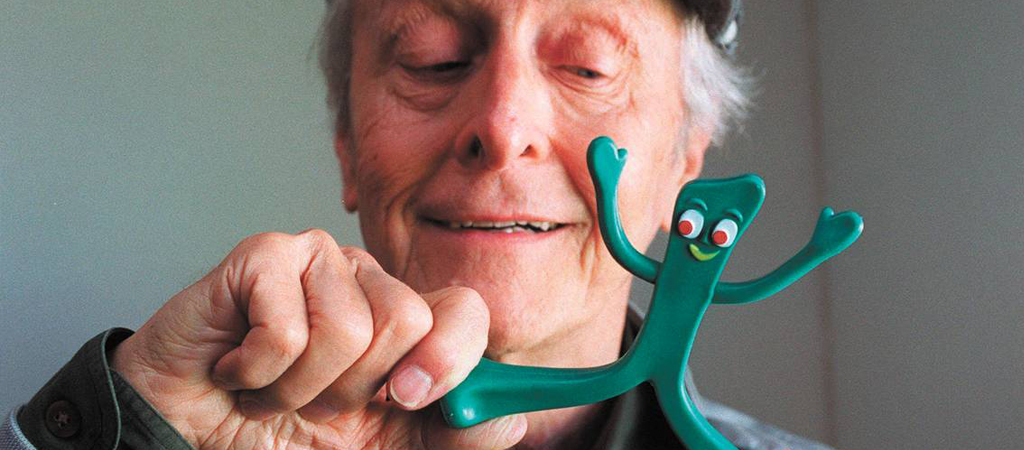
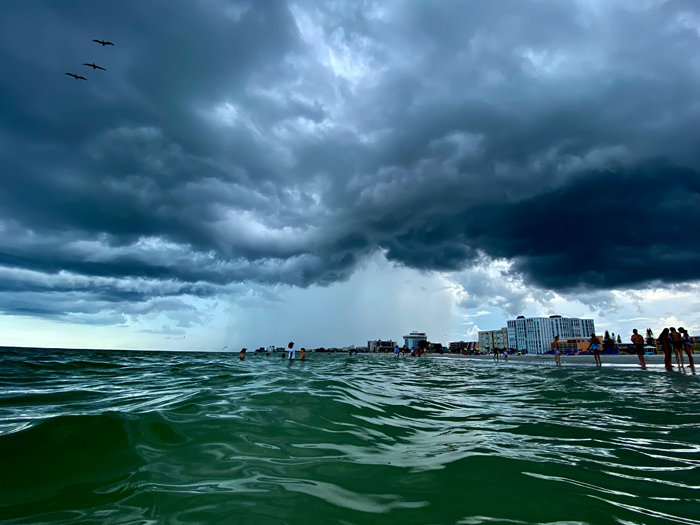
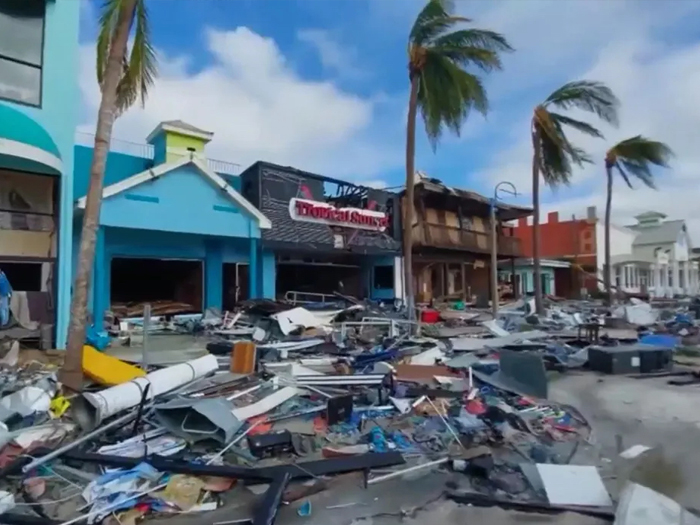
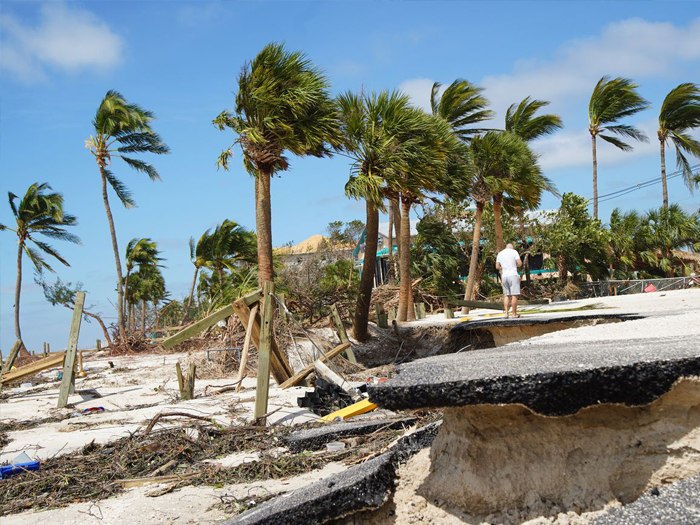
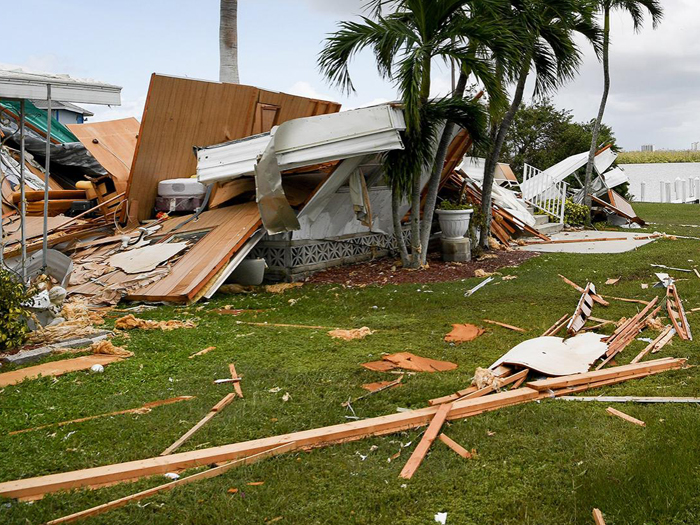
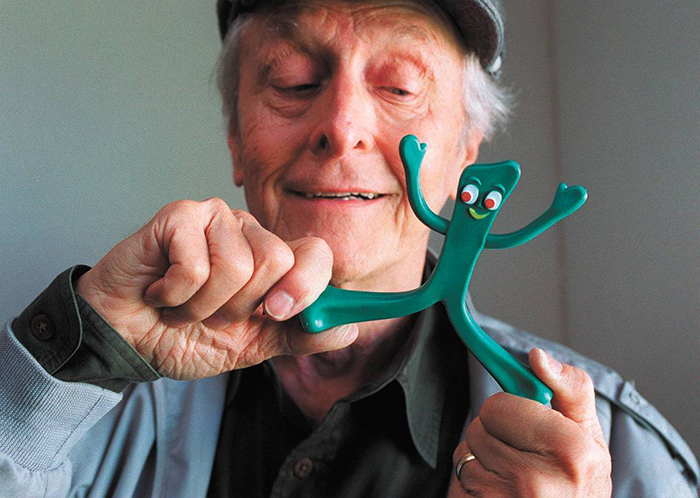

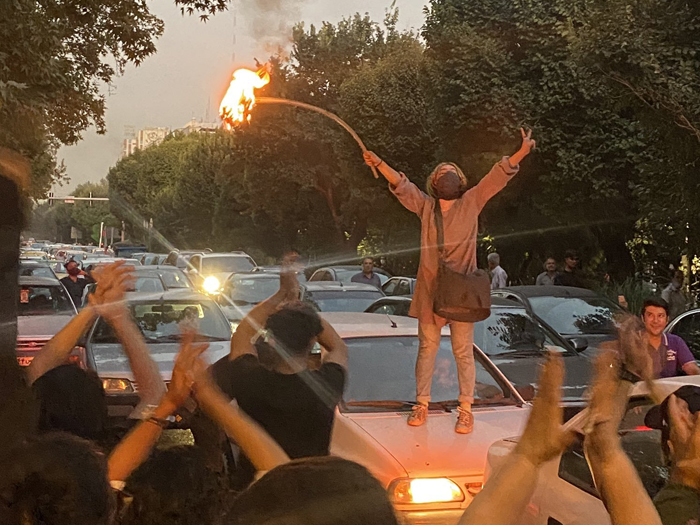
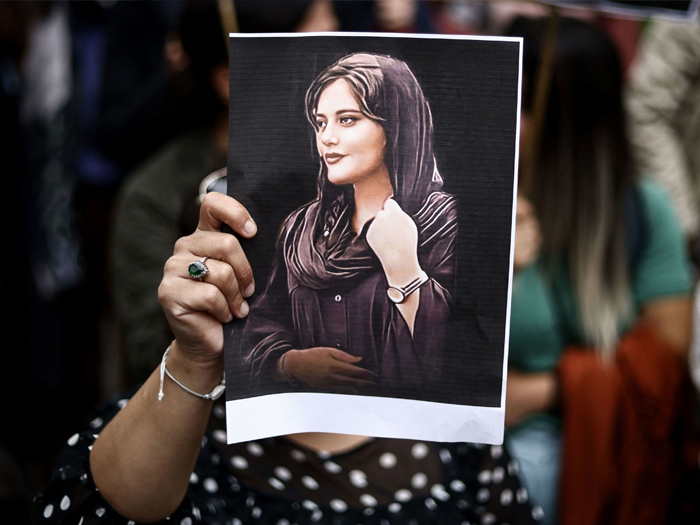

I enjoyed reading this. It put into words a lot of disorganized thoughts that I’ve had floating around my head since I quit showing up on Sundays, way back when.
Fundamentalism is the easy way out when you’re faced with a scary ever changing world that is unpredictable and has shifting values.
It’s a leap of faith to let go of that rigid belief system full of extraneous bs, but the world becomes a lot more interesting once you do.
Thanks for taking the time to read and respond Cody! Great to hear from you.